A Collection of Writings
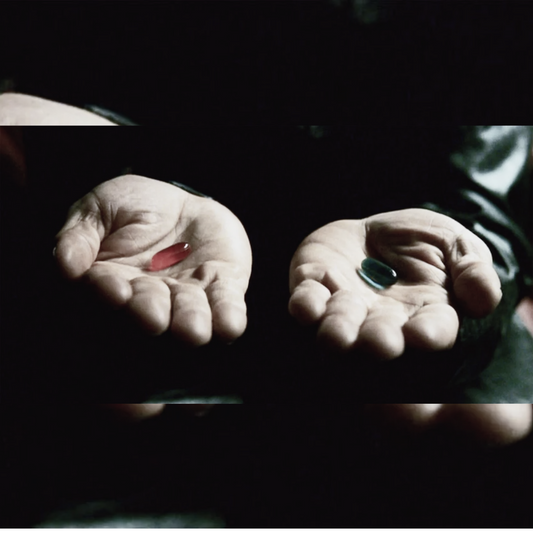
Thought Experiment | The Red Pill or the Blue P...
The red pill represents truth in knowledge; and the blue pill represents bliss in ignorance. Which one would you take?
Thought Experiment | The Red Pill or the Blue P...
The red pill represents truth in knowledge; and the blue pill represents bliss in ignorance. Which one would you take?
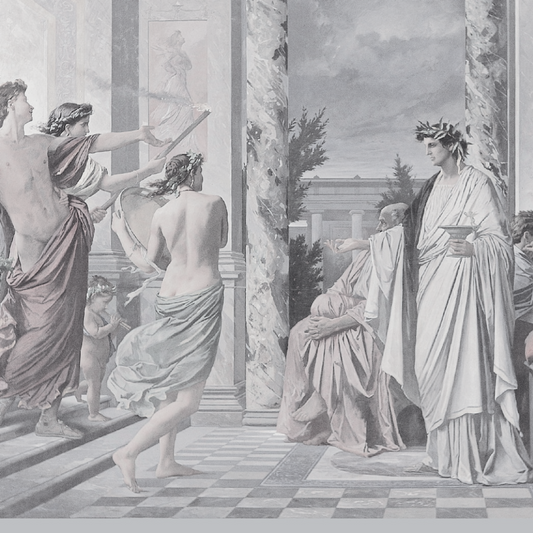
Plato's Symposium | Summary
A summary of Plato's Symposium, a text that highlights the different natures of Love. Each speaker articulates their definitions of Love, and although these definitions may differ, together they express...
Plato's Symposium | Summary
A summary of Plato's Symposium, a text that highlights the different natures of Love. Each speaker articulates their definitions of Love, and although these definitions may differ, together they express...
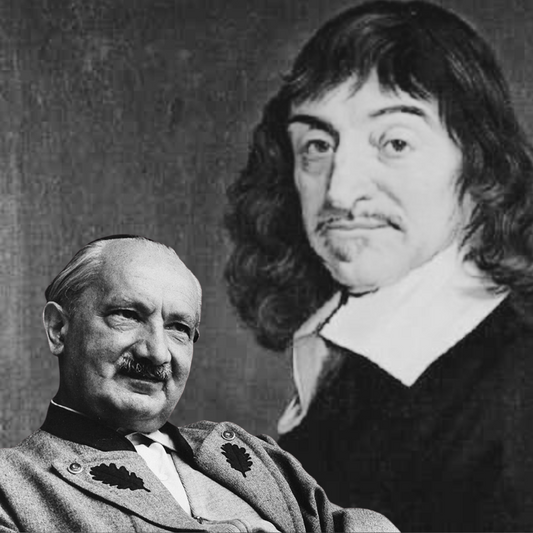
Heidegger on the Destruction of the History of ...
“The elaboration of the question of being must therefore receive its directive to inquire into its own history from the most proper ontological sense of the inquiry itself, as a...
Heidegger on the Destruction of the History of ...
“The elaboration of the question of being must therefore receive its directive to inquire into its own history from the most proper ontological sense of the inquiry itself, as a...
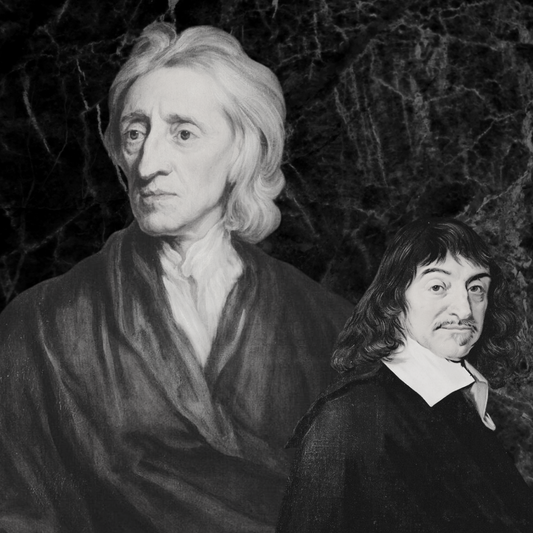
Locke’s Theory of Knowledge and Criticism on Ca...
The Cartesian view holds that the essence of matter is extension, that extension is the essence of body. Locke, on the other hand, strongly opposed this concept and argues that body and extension are two distinct ideas.
Locke’s Theory of Knowledge and Criticism on Ca...
The Cartesian view holds that the essence of matter is extension, that extension is the essence of body. Locke, on the other hand, strongly opposed this concept and argues that body and extension are two distinct ideas.
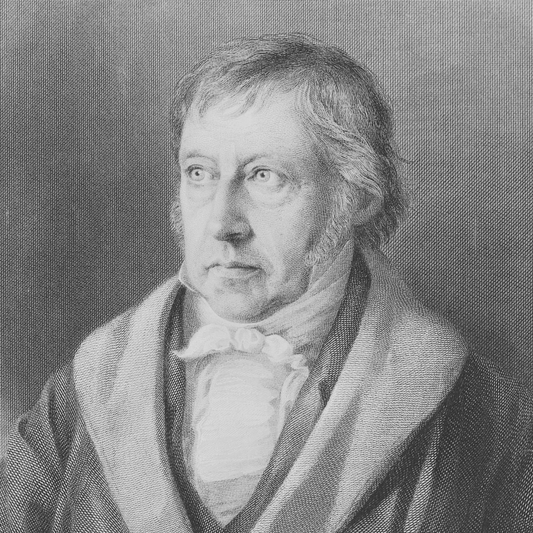
Hegel’s Contradictory Claim on Freedom
Hegel believes that the law of the State is the epitome of humanity. I would argue that the individual is never truly free, due to the fact that, by nature,...
Hegel’s Contradictory Claim on Freedom
Hegel believes that the law of the State is the epitome of humanity. I would argue that the individual is never truly free, due to the fact that, by nature,...
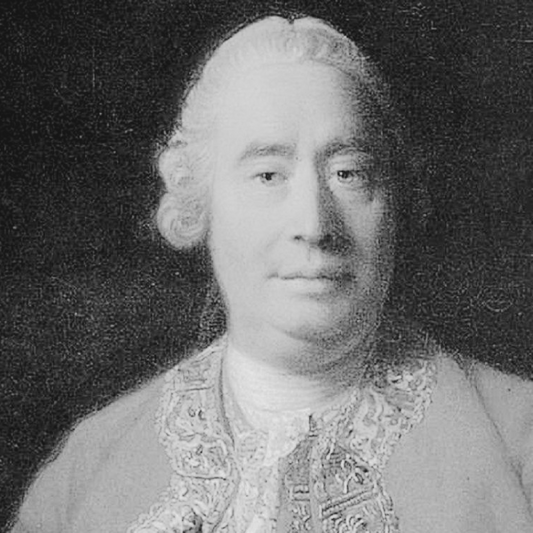
Hume and How the General Foundations of Morals ...
Hume believes that the general foundations of morals are found within the sentiments of humanity and within our social nature. Our morality then, recognized through initial feeling, then developed through the...
Hume and How the General Foundations of Morals ...
Hume believes that the general foundations of morals are found within the sentiments of humanity and within our social nature. Our morality then, recognized through initial feeling, then developed through the...
